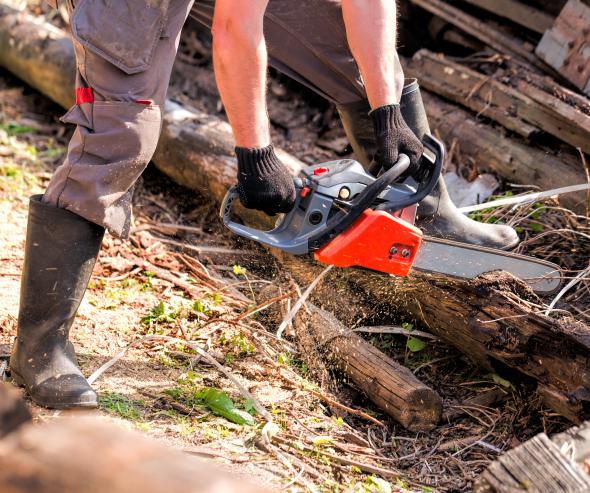The Autorité de la concurrence fines the manufacturer Stihl 7 million euros for having prevented its authorised distributors from selling its products online

Background
Following an investigative report from the DGCCRF, the Autorité de la concurrence fines Stihl for prohibiting, between 2006 and 2017, the sale of certain products such as chainsaws, brushcutters, pole-saws or electric pruners on its distributors’ websites. However, the Autorité approved the principle of using selective distribution for this type of product, along with an interdiction against selling them on third party platforms.
With this decision, the Autorité issues for the first time a decision on the selective distribution possibilities and the possibilities of restrictions on online sale since the judgment of the CJEU in the Coty case of 6 December 20171, which clarified the common framework applied to selective distribution on the Internet. This decision aims to specify the applicable framework in France for the different sectors and products, beyond the outdoor power equipment sector.
In view of the nature of the products sold by Stihl, the implementation of a network of authorised distributors is legitimate
It is possible for a manufacturer to restrict the sale of its products to a network of specialized dealers for legitimate requirements such as the sale of high-quality or high-technology products.
In this case, the Autorité does not call into question the use of selective distribution for products, which, like the ones sold by Stihl (chainsaws, brushcutters, pole-saws, electric pruners), justifiy the setting up of assistance and consultancy services in order to preserve their quality and ensure their proper use.
The necessity to verify compliance with these obligations and to preserve its brand image also justifies the ban on online retailing of the products in question on third-party platforms.
But the terms of online sales established by Stihl disproportionally limit competition
By demanding a hand-delivery of this type of product by the distributor to the buyer and therefore imposing a collection from the dealer, or a delivery to the home of the buyer, Stihl de facto forbade the sales of its products on its distributors’ websites.
However, this hand-delivery is not required by any national or European regulation concerning the marketing of the products in question. Neither direct contact between the distributor and the buyer nor a demonstration of use are required.
Only the handover of a user manual in the buyer’s language with a mention of certain specific information concerning hazardous products is mandatory.
Diminished competition to the detriment of consumers
By imposing this hand-delivery, Stihl removed any interest in online retail for distributors and consumers, who could not benefit from competition between distributors and benefit from more attractive prices (up to 10% cheaper).
In view of these elements, the Autorité de la concurrence fined Stihl 7 million euros. It also required the company to alter its selective distribution contracts in order to stipulate, in straightforward terms, that authorized distributors are permitted to sell Stihl and Viking products.
1 See the judgment of the 6 December and the press release
> Press contact :
Chloé Duretete +33 1 55 04 01 20 / Email